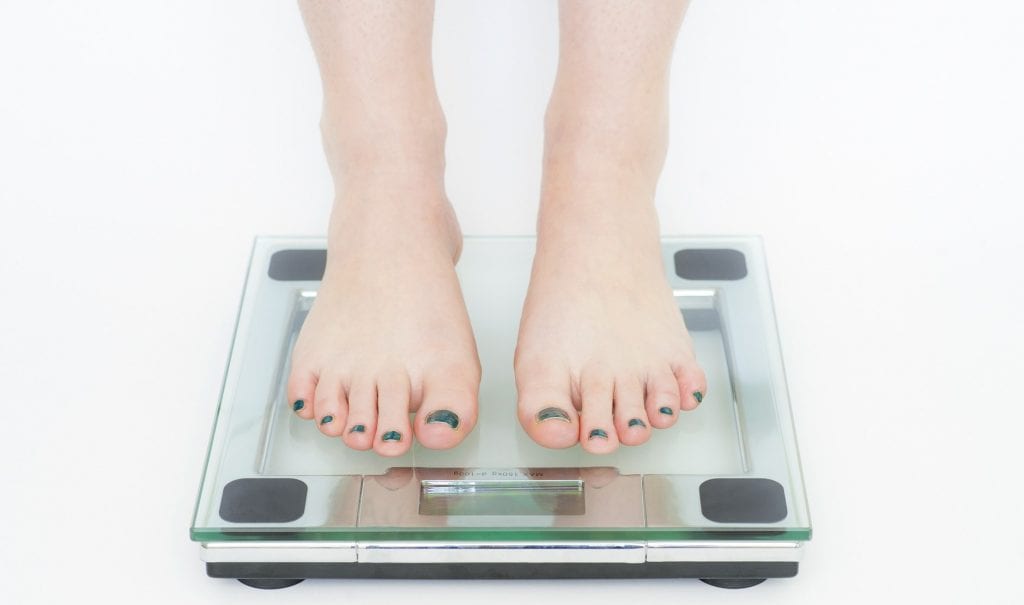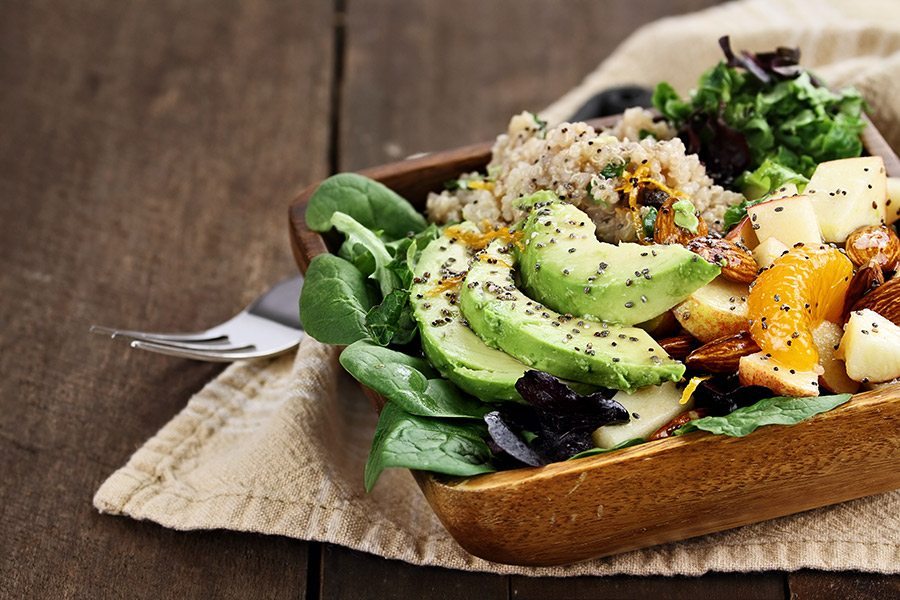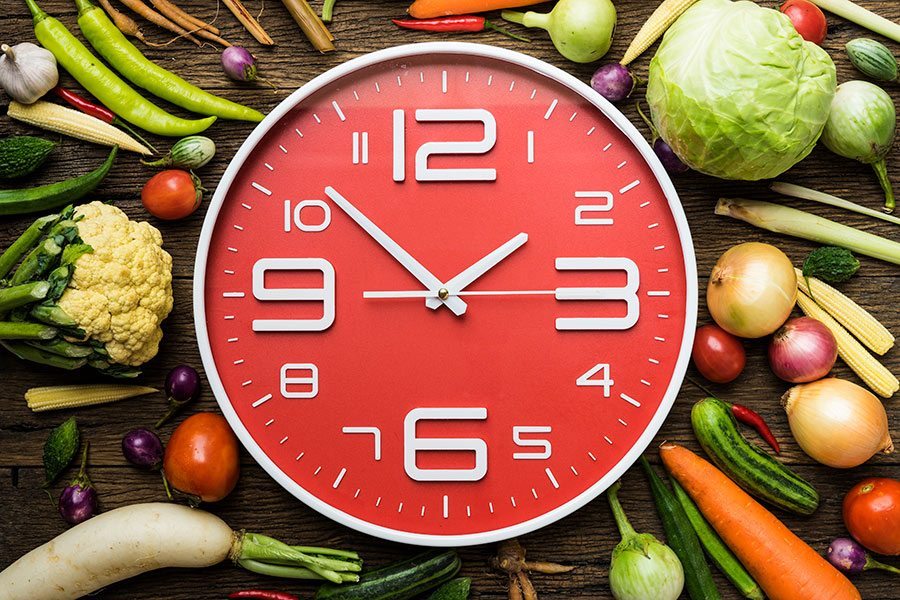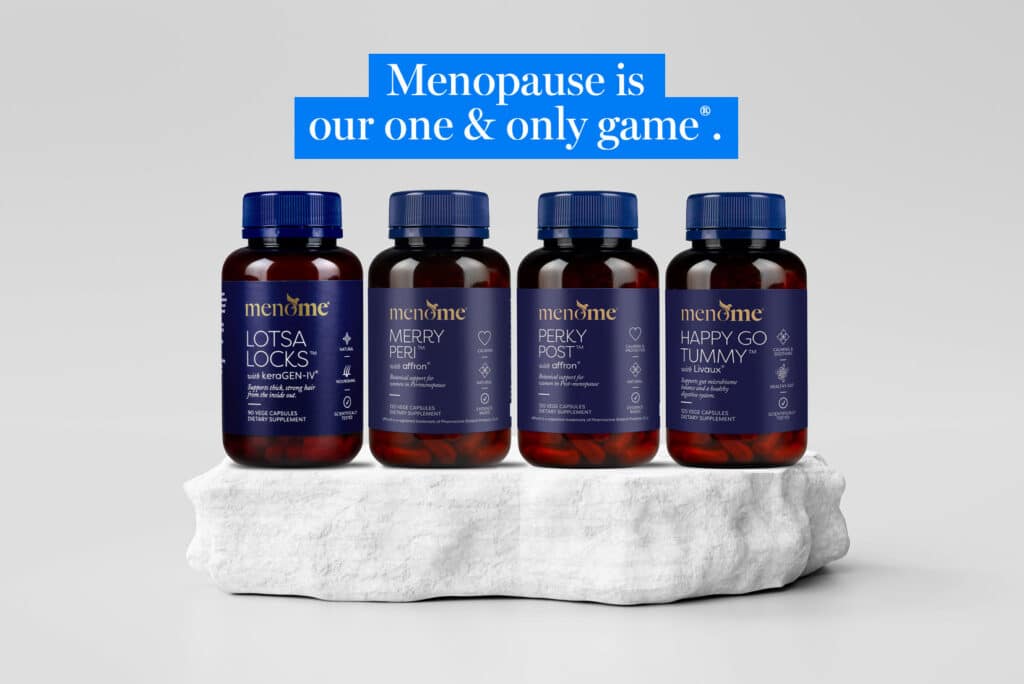As we all know one of the huge frustrations of the ‘meno’ years is weight gain.
To be clear, in this context, the ‘meno‘ years means perimenopause, menopause and post-menopause.
Indeed, it’s something to be aware of as early as premenopause so you can take control early.
Debra Waterhouse explains it in her book Menopause Without Weight Gain:
“As soon as your fat cells detect a slightly lower estrogen level, they come to your aid to produce estrogen. (Fat cells producing estrogen? This may surprise you, but it’s one of their highly evolved functions.) They know that eventually, your ovaries will stop producing estrogen, so they start preparing to take over the ovaries’ job. They increase in size, number and ability to store fat. The fat cells in your waist grow the largest because they are better equipped to produce estrogen than the fat cells in your buttocks, hips or thighs.”
Ha. OK, so that’s what happened to your waist. I don’t know about you, but while we all appreciate knowing the physiology it’s no comfort when it comes to easy-closing buttons!
A lot of people find losing weight at this time of life difficult. But my work has shown, and I’ve personally found, losing a few kgs through intermittent fasting (IF) works well. IF – also known as time-restricted eating – is the practise of having periods of eating and non-eating times. In my case, eight hours of eating, 16 hours of not eating. Or 16:8.
I won’t tell you it’s easy at first. After all, changing lifestyle habits always requires discipline and commitment (it’s far simpler to be lazy). However, it’s a tool I’ve embraced since I first tried it eight years ago. But, it’s not suitable for everyone.

Intermittent Fasting Benefits
IF is trendy right now but that’s not why I became a convert. I like that it’s easily incorporated into my life and it works. Also, more and more research is coming out about a number of health benefits aside from weight management.
IF is actually an ancient tool. In fact, it was once used as a method of purification and is commonly practised by many religions.
Lent, Ramadan or any other religious fasting period may not be part of your life. And if that’s true, then your experience has probably been that food is freely available in the 21st Century. Indeed, some would say too much so and many of us have forgotten what it’s like to be hungry.
9 Benefits of Intermittent Fasting:
- Weight loss
- Increased growth hormone
- Improved cardiovascular health
- Reduced insulin resistance and raised blood sugar
- Longevity
- Prevention of Alzheimer’s disease
- Prevention or reversal of Type 2 diabetes
- Cellular repair also known as autophagy
- Cancer prevention or treatment
IF and Body Composition/Clinical Health Markers
Impact of IF on health and disease processes
Of course, research depends on a number of factors including numbers in the studies etc. but that’s pretty amazing, huh? And the beauty of IF is its simplicity.
How Intermittent Fasting Works:
The easiest and most adaptable way to begin is to fast for 12 hours.
So if you eat at 7pm, don’t eat again until 7am.
Or if you eat at 8pm, don’t eat again until 8am.
This is a simple plan and incorporates the very good habit of closing the kitchen after dinner and saying no to grazing at night.
This practise doesn’t only help with weight management but also your sleep hygiene.
Click here for our FREE Sleep Hygiene sheet.
16:8, 5:2, ADF
I practise 16:8.
As I said earlier, basically 16:8 involves eating for an eight hour period and then refraining for 16 hours.
I tend to eat brunch at about 10 am and then what I call ‘Linner’ at about 6 pm. Or if I have a dinner to go to I may start at 1 pm and finish at 9 pm. That’s what works for me, but you can accommodate your needs around your home and family.
Another fan of the regime does the 5:2. This means eating normally for five days and eating just 500/600 calories for two days. She’s had great results with that.
Another method is to fast every other day, this is known as Alternate Day Fasting (ADF).
Eat, Drink & Be Merry:
Of course, eating normally also means eating sensibly. No gorging on chocolate and chips because you won’t lose weight.
And be aware that choosing those foods will also plays havoc with menopausal symptoms. Our midlife bodies can’t cope with these type of foods.
Know that intermittent fasting isn’t a free pass for junk food binges.
I tend to eat lots and lots of green leafy vegetables and avocados. The bonus? They’re anti-inflammatory, alkalising and full of nutrients and fibre which our menopausal hormones love.
The golden rule? PPFF. Phytoestrogens, protein, fibre and (good) fats.

The bottom line?
IF is not a diet, it’s a way of eating.
And really, it’s natural and instinctive and bears similarities to our ancestors days.
They’d regularly have times when they needed to go for periods of time without eating before new food sources were found. Indeed, in days of old, they couldn’t go to the fridge or the supermarket like we can.
Other Benefits of Intermittent Fasting:
- Simple
- Saves time
- Reduces your food bill
- Flexible
Caveat:
No matter how much you eat or what time you eat, it’s always best to avoid processed foods. Make it a rule to up your intake of fruit and veggies. As a result, your body weight and menopausal signs should lower.
It’s also important to note that intermittent fasting isn’t for everyone. Diagnosed health issues, underweight or a history of eating disorders could preclude you. Please check with a knowledgeable health professional for individual advice.
Does IF Live Up To The Hype?
Many more human studies are needed. However, most of us in the integrative health field and legendary functional medicine doctors such as Dr Mark Hyman and Chris Kesser believe it’s a useful tool. When done the right way.
That said, just as it is with perimenopause, menopause and post-menopause everyone’s journey is different. So IF is not for – Every. Body.
As always, when considering lifestyle changes it’s a good idea to undergo a check-up with your medical doctor first.
Have you got your own story to share of weight management with intermittent fasting? We’d love to hear it and you can let us know here.
Jenna is a certified integrative health coach with a specialty in 40+ women and hormone balance for weight loss. If you have questions email her here.
Main image via Pixabay







